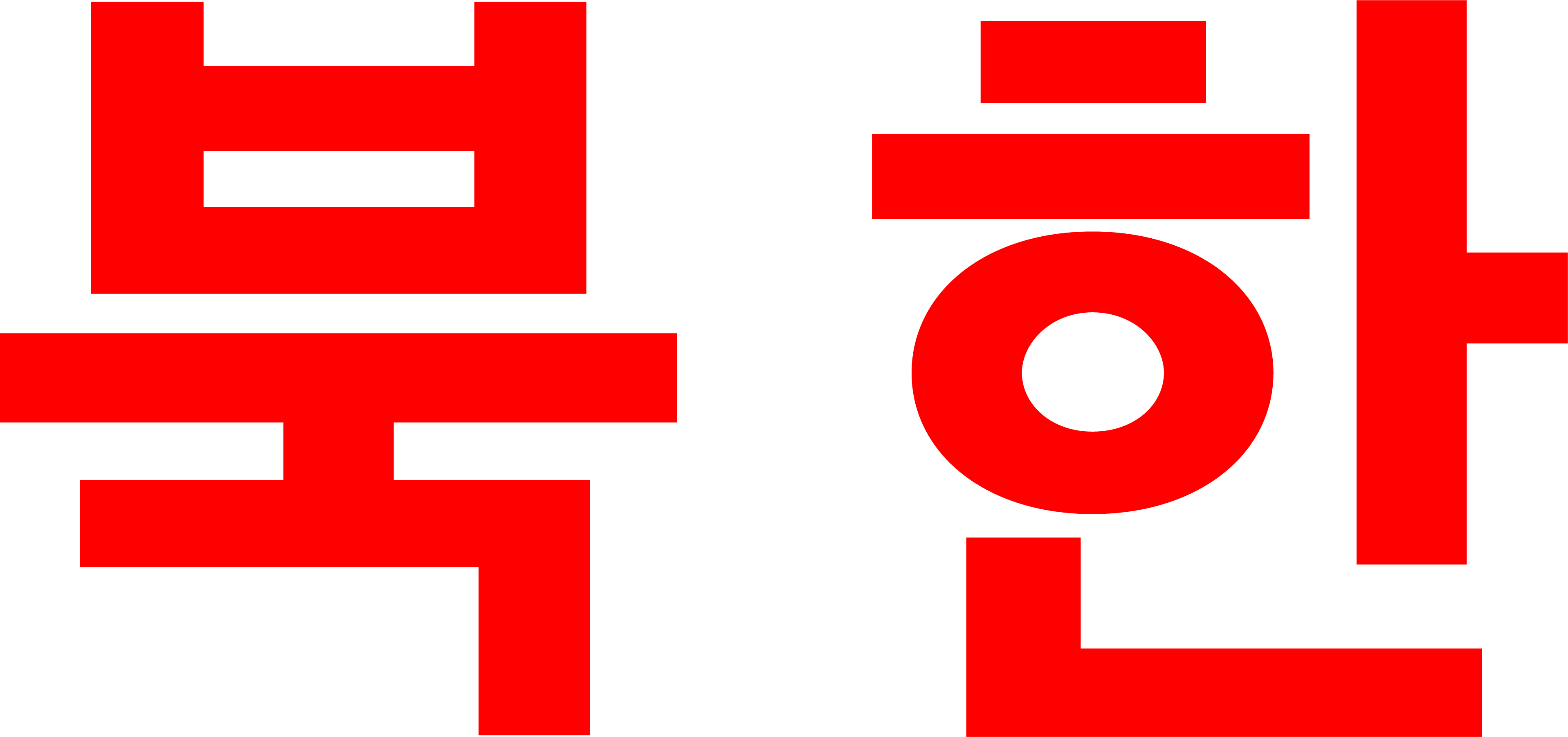North Korea-Iran Alliance: Unraveling Geopolitical Ties
The intricate and often opaque relationship between North Korea (DPRK) and Iran has long been a focal point of international concern, shaping the geopolitical landscape and fueling anxieties across the globe. This strategic partnership, forged in shared antipathy towards the United States and a mutual need to navigate international isolation, has evolved significantly over decades. From clandestine arms deals to recent pledges of military support, understanding the depth and implications of the North Korea-Iran axis is crucial for comprehending ongoing conflicts and future diplomatic challenges.
The historical threads of cooperation between Pyongyang and Tehran are deeply interwoven, dating back to the very founding of the Islamic Republic in 1979. What began as a transactional exchange of vital resources—Iran's oil for North Korea's military expertise and hardware—has blossomed into a more complex alignment, particularly as both nations face mounting pressure from Western powers. Recent developments, including North Korea's reported pledge of military support to Iran amid escalating tensions with Israel, underscore the enduring nature and growing significance of this alliance.
Table of Contents
- A History of Strategic Cooperation
- Arms Deals and Proliferation Concerns
- Diplomatic Exchanges and Shared Isolation
- The Middle East Nexus: North Korea, Iran, and Israel
- Geopolitical Implications and Global Stability
- The Impact of Escalating Tensions
- Navigating the Future of North Korea-Iran Relations
- Conclusion: A Pivotal Alliance in a Turbulent World
A History of Strategic Cooperation
The foundation of the strategic partnership between North Korea and Iran was laid in the tumultuous years following Iran's 1979 Islamic Revolution. Both nations found themselves increasingly isolated on the global stage, facing sanctions and international opprobrium, largely due to their anti-Western stances and pursuit of controversial nuclear and missile programs. This shared predicament fostered a unique bond, where mutual necessity became the bedrock of their collaboration.
- Iran Hostage Crisis Carter
- Iran Basketball League
- Tehran Iran Tourism
- Selecci%C3%A3n De F%C3%A3%C2%BAtbol De Ir%C3%A3n
- Restaurant Iran
From Iran came the invaluable resource of oil, a commodity North Korea desperately needed to fuel its economy and military machine. In return, North Korea provided what Iran lacked: sophisticated military expertise and hardware. This early exchange established a precedent for a relationship built on reciprocal benefits, circumventing international restrictions and bolstering their respective capabilities. The synergy between their needs and offerings created a resilient, albeit clandestine, supply chain that has persisted for decades, making the North Korea-Iran dynamic a subject of constant scrutiny.
Arms Deals and Proliferation Concerns
One of the most significant and enduring aspects of the North Korea-Iran relationship has been their extensive cooperation on arms deals. The United States has been greatly concerned by North Korea's arms deals with Iran, which started during the 1980s. Initially, North Korea acted as a third party in arms deals between the communist bloc and Iran, facilitating transactions that might otherwise have been impossible. Over time, Pyongyang transitioned to selling its domestically produced weapons directly to Tehran, a practice that continues to this day.
Missile Technology and Its Reach
A particular area of concern has been North Korea's continued sale of missiles to Iran. This transfer of advanced missile technology has significantly bolstered Iran's ballistic missile program, enabling it to develop and field a diverse arsenal capable of reaching various targets in the region. The proliferation of such technology from North Korea to Iran not only enhances Tehran's military capabilities but also raises serious questions about the potential for further dissemination to non-state actors or other rogue regimes, thereby destabilizing an already volatile region.
- Iran In Syria News
- Peoples Of Iran
- Iran Sex Free
- Iran And United States Nuclear Deal
- Us State Department Iran
Fueling Regional Conflicts
The flow of arms from Pyongyang to Tehran has not occurred in a vacuum. Concerns have been repeatedly raised that arms sales from Pyongyang and Tehran have helped fuel conflicts in the Middle East. These weapons, particularly missiles and related technologies, can be directly or indirectly supplied to various proxy groups and non-state actors supported by Iran, exacerbating existing tensions and contributing to the lethality of ongoing conflicts. This indirect impact underscores the far-reaching consequences of the North Korea-Iran military cooperation, extending beyond their bilateral ties to affect regional stability and human lives.
Diplomatic Exchanges and Shared Isolation
Beyond military cooperation, North Korea and Iran have maintained active diplomatic exchanges, reflecting their shared political outlook and mutual need to weather international isolation. These diplomatic ties serve as a crucial channel for coordination, intelligence sharing, and mutual support on the global stage, particularly within international forums where both nations often find themselves at odds with Western powers.
The two countries had active diplomatic exchanges until North Korea sealed its borders in an effort to stave off the pandemic. This drastic measure, while effective in controlling the spread of COVID-19 within its borders, temporarily curtailed direct high-level interactions. However, even during this period of extreme isolation, the underlying strategic alignment remained intact. More recently, there has been a cautious reopening, suggesting a resumption of more direct engagement, which could further deepen their cooperation. This enduring diplomatic relationship, buttressed by a shared antipathy to the U.S., provides a framework for their strategic partnership to continue evolving.
The Middle East Nexus: North Korea, Iran, and Israel
The escalating conflict in the Middle East, particularly the ongoing war between Israel and Hamas in the Gaza Strip, has brought the North Korea-Iran alliance into sharper focus. As North Korea and Iran align against Israel in its escalating war, their cooperation could deepen in the coming months. This alignment is not merely rhetorical; it signals a potential for more tangible support and coordination in challenging what they perceive as Western and Israeli aggression.
Pyongyang's Vocal Support for Tehran
In a significant development in global geopolitics, recent reports indicate that North Korea has pledged military support to Iran. This announcement, widely circulated across digital platforms, has sparked intense debate about its impact on international relations, regional stability, and ongoing nuclear negotiations. Pyongyang has issued a strong rebuke of Israel’s recent military actions against Iran, characterizing the strikes as a grave breach of international law and a threat to global stability. The statement, released by North Korea’s Ministry of Foreign Affairs, signals growing international concern over the rapidly escalating tensions in the Middle East, echoing Iran's own condemnations.
Kim Jong Un's Solidarity
North Korea has reportedly pledged to supply some undisclosed number of military support to Iran in their ongoing battle against Israel. This commitment is not surprising given the historical context. North Korea President, Kim Jong Un has earlier expressed his solidarity with Iran against Israel. Historically, North Korea is one of the countries that has collaborated with Iran when issues of attacks pop up. This consistent pattern of support, from rhetorical solidarity to potential material aid, highlights the deep-seated nature of their alliance and their shared adversaries.
North Korea's comments also come as US President Donald Trump had previously said his patience had run out with Iran. In response, North Korea urged Washington to refrain, warning that actions by the US and its allies were pushing the situation in the Middle East to an uncontrollable catastrophic phase. This demonstrates Pyongyang's willingness to openly challenge US policy and align its rhetoric with Tehran's, further solidifying the North Korea-Iran axis.
Geopolitical Implications and Global Stability
The deepening alliance between North Korea and Iran carries profound geopolitical implications, extending far beyond the immediate Middle East. Their collaboration, particularly in military and technological spheres, poses a significant challenge to global non-proliferation efforts and international security frameworks. The transfer of missile technology, for instance, not only empowers Iran but also sets a dangerous precedent for other rogue states or non-state actors seeking similar capabilities.
Furthermore, the alignment of these two nations, both subject to extensive international sanctions and both pursuing controversial nuclear programs, creates a formidable bloc that can collectively resist external pressure. This strategic partnership complicates diplomatic efforts by major powers to de-escalate regional conflicts or to bring either nation into compliance with international norms. The ongoing war between Iran and Israel is not just affecting the Middle East, but its impact is now being felt in other parts of the world, including North Korea, as Pyongyang increasingly ties its own security narrative to the events unfolding thousands of miles away.
The Impact of Escalating Tensions
The recent escalation of tensions between Iran and Israel, particularly following Israel’s recent airstrike on Iran’s nuclear facilities, has had a tangible impact on North Korea's strategic calculations. In response to these developments, North Korean leader Kim Jong Un has made major moves to boost his country’s weapons production. This immediate reaction suggests that Pyongyang views the security of its ally, Iran, as intrinsically linked to its own, and perceives any aggression against Tehran as a potential precursor to similar actions against itself.
This heightened focus on weapons production could mean an acceleration of North Korea's own missile and nuclear programs, leading to more frequent tests and advancements that further destabilize the Korean Peninsula and the broader Indo-Pacific region. The interconnectedness of these geopolitical hotspots means that actions taken in one theater can have ripple effects across the globe, and the North Korea-Iran relationship serves as a prime example of such intricate linkages.
Navigating the Future of North Korea-Iran Relations
The future trajectory of the North Korea-Iran alliance remains a critical variable in international relations. With both nations facing persistent external pressures and navigating complex internal dynamics, their strategic partnership is likely to continue evolving. The potential for deepened cooperation, particularly in military and technological domains, presents significant challenges for global stability and non-proliferation efforts.
As long as both countries perceive a shared adversary in the United States and its allies, and as long as they face international isolation, the incentives for their cooperation will remain strong. The exchange of vital resources—Iran's energy for North Korea's military prowess—forms a symbiotic relationship that is difficult to disrupt. Any future diplomatic initiatives aimed at de-escalating tensions in the Middle East or addressing nuclear proliferation concerns will need to carefully consider the entrenched nature of the North Korea-Iran axis.
Conclusion: A Pivotal Alliance in a Turbulent World
The strategic partnership between North Korea and Iran is a testament to the enduring power of shared geopolitical interests and mutual necessity. From its origins in the 1980s as a conduit for arms deals to its current alignment against perceived common adversaries, the North Korea-Iran relationship has consistently defied international efforts to isolate either nation. The recent pledges of military support and vocal condemnations of Israeli actions underscore the deepening commitment between Pyongyang and Tehran, transforming their alliance into a more potent force in global geopolitics.
As the Middle East remains a crucible of conflict and nuclear negotiations continue to falter, the continued cooperation between North Korea and Iran will undoubtedly shape the future landscape of international security. Understanding this intricate relationship is not just an academic exercise; it is essential for policymakers, analysts, and the public to grasp the complexities of a turbulent world. We encourage readers to delve deeper into the nuances of these geopolitical dynamics and consider how such alliances impact global stability. Share your thoughts in the comments below, and explore our other articles on international relations to broaden your perspective.
- Parsian Evin Hotel Tehran Iran
- Isreal News Iran
- Is Iran A Communist Country
- What Happened With Iran
- Un On Iran

DPRK-Socialist Fairyland

Director General Briefs Press On Iran/DPRK | IAEA

Democratic People's Republic of Korea (DPRK) | ACAPS